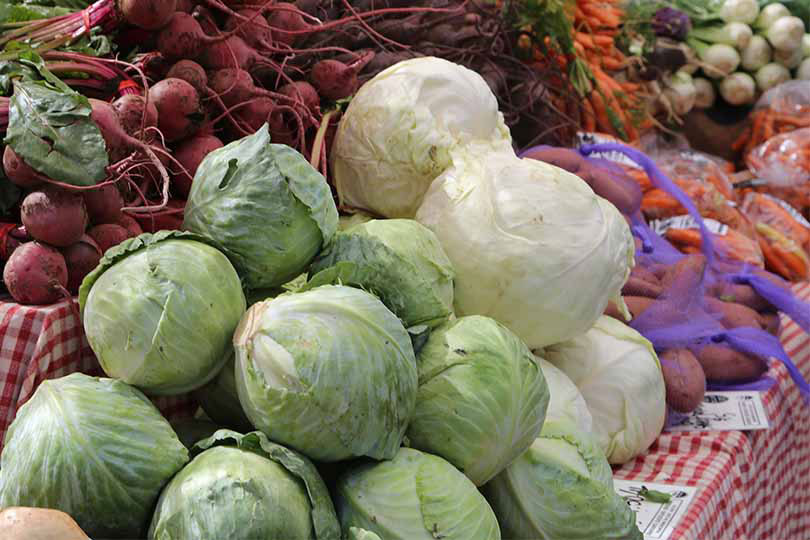By Jennifer Dorsett
Field Editor
Produce safety outlined under the Food Safety Modernization Act (FSMA) is a federal requirement that goes into effect Jan. 26 for farms with annual revenues of $500,000 or more.
Nearly half of all foodborne illnesses in the U.S. are related to fresh produce.
FSMA is intended to correct food safety issues in the industry, such as contamination, and the first component of the act—the Produce Safety Rule—focuses on agricultural commodities intended to be sold for consumption in a raw, natural state.
Some types of foods include berries, citrus fruit, apples, grapes, sweet cherries and most other fruit. Leafy green vegetables—such as lettuce, kale or spinach—are also included. Other vegetables commonly consumed raw—such as tomatoes, summer squash, green beans and cucumbers—are also included under the Produce Safety Rule.
Exempt crops to the Produce Safety Rule include most beans, beets, eggplants, winter squash, most nut crops—including pecans, hazelnuts and peanuts. Food grains like barley, oats, sorghum, buckwheat and oilseeds—including cotton, flax, soybean and sunflower seeds—are also exempt.
There is a staggered period of compliance based on farm revenue, with the largest farms required to comply first and the smallest farms having to come into compliance by Jan. 26, 2024.
The Produce Safety Rule includes six main parts: biological soil amendments; domesticated and wild animals; worker training and health/hygiene; equipment, tools and buildings; agricultural water and testing; and additional protocols for growers of sprouts.
Each of the six main components of the rule address specific food safety concerns related to contamination.
Sprouts, which are seeds or beans used for sprouting where human consumption of the entire small plant is intended, have additional rules to follow due to the higher incidence of foodborne illness outbreaks in this type of produce.
The Texas Department of Agriculture (TDA) has entered into a cooperative agreement with the U.S. Food and Drug Administration to conduct all FSMA training and inspections in the state. TDA has been preparing growers for the coming FSMA rules by conducting on-farm outreach and training for the past year.
“Since we entered into the cooperative agreement with FDA, we’ve been working hard to reach out to farmers covered by the rule and get them listed on our farm inventory, so we can help get them ready for the implementation phases,” Richard De Los Santos, director for Produce Safety at TDA, said. “We’re available to answer any questions they may have regarding the Produce Safety Rule.”
De Los Santos said that even though the actual date to begin compliance for large farms is Jan. 26, 2018, FDA is not requiring inspections to begin until Jan. 26, 2019 to give farmers time to adapt their processes for FSMA compliance.
“It is our goal to visit every farm first to explain what to expect prior to an actual inspection,” De Los Santos said. “Growers are required to complete certain courses to be in compliance with the rule, and we are working very closely with the AgriLife Extension Service and the University of Houston to make these trainings available to producers all across the state. We are asking growers to reach out to us, so we can really make sure they understand what to do and what we’ll be looking for when we start inspections. We’re here to help both the growers and consumers by ensuring we have a safe food supply.”
De Los Santos said he felt most large-scale growers were ready for the Produce Safety Rule because, due to the volume and nature of their sales mostly to third-party vendors like grocery stores and retailers, they are routinely following Global Good Agricultural Practices (Global G.A.P.) and other market-driven food safety requirements.
“There are many of these growers with sales over $500,000 that are already selling their products to retailers and warehouses,” De Los Santos said. “They’re already following the Global G.A.P. practices, which are almost as stringent as FSMA, so this shouldn’t be too big of a change for them. I think the vast majority of these farms are ready for the implementation.”

